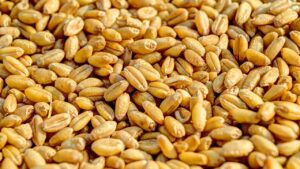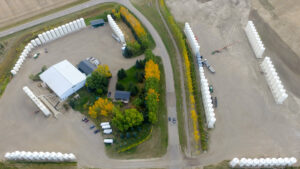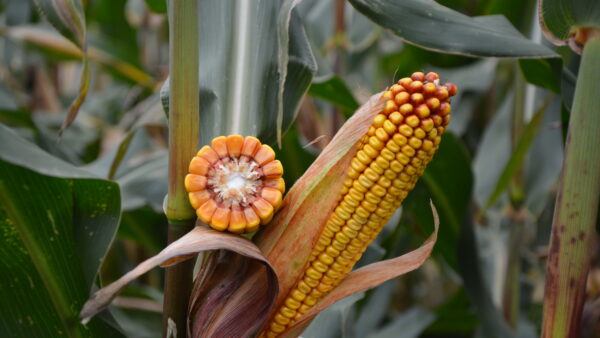We have always counted some oat, flour, and specialty mills among our customers at Nexeed.
Over the last couple of years, our team has been learning more about the world of grain processing and food. Through our newly forged partnership with Germany’s Schule, the grocery store aisle has been opened for clients of ours who are moving beyond seed processing and into some niche areas.
Every day is a learning experience for me, but in the process, I’m learning valuable lessons about what people need to know if they’re making the leap from seed processing into the realm of seed processing for food use.
The machines work differently. While there are similarities, there are a lot of differences in the way seed processing for food works. The needs of the food sector are unique, and end users have different expectations. Being able to understand both languages is critical.
Selling into one area is different than selling into the other. Selling into the seed market is of course a lot different than selling into the food use market, but even within food itself, there are differences. Dumping your truck into the pit at a big grain elevator is a different story than processing your own grain for food use. Many players in the food processing space don’t put a crop in the ground. That being said, I’m seeing an increasing number of grower clients beginning to dabble in seed processing for food use. Some seed grower families out there have taken an additional step in processing and creating a food product that they can sell.
This isn’t new, however. As far back as 30 years ago, growers in the lentil and pea space took it upon themselves to use their seed processing plants to prepare a table-ready product. They found customers to export directly to, made the sales, and built a business in the process. This allowed them to help Canada create a reputation for a quality supply of table-ready pea and lentil.
Over time, these companies learned to further process the product, creating an even more valuable product. Some big success stories have resulted, and the Canadian pulse industry is a significant world player today. This is just one of many examples.
For myself, working with a partner like Schule is giving me important insights into the food business and how it’s tied to seed. Everything you find in a bread aisle and a lot of what you find in a snack food aisle — from cereal to granola bars to bread to cookies and more — ultimately comes out of what we produce in the seed industry.
The more Nexeed knows about how we can harness opportunity in the food space to benefit the seed business, the better we can help our clients be successful whether they work in seed or beyond.









